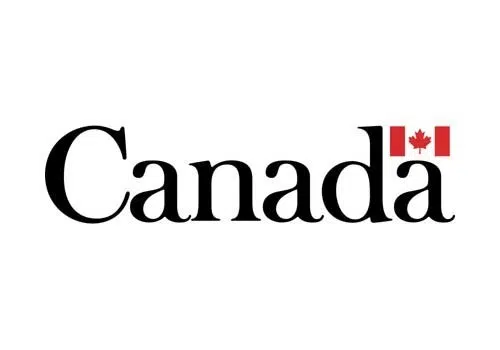A United Nations report is raising concerns about how Canada supports off-reserve and non-status Indigenous people with disabilities, citing a lack of consultation, inadequate access to services, and systemic issues such as poverty and housing insecurity.
The findings were released by the UN Committee on the Rights of Persons with Disabilities in response to Canada’s second and third periodic reports.
The report highlights widespread gaps in services and inclusion for Indigenous people with disabilities who live off-reserve.
The Congress of Aboriginal Peoples (CAP), a national Indigenous organization, says the findings validate long-standing concerns about exclusion from federal policies and programs.
CAP says these issues apply directly to rural and urban areas across the country, including communities in the East Kootenay.
Among the report’s key concerns were the exclusion of non-status and off-reserve Indigenous individuals from federal accessibility and disability legislation, limited access to appropriate health care and rehabilitation services, and disproportionate rates of poverty and homelessness, particularly among women.
According to CAP, Canada’s current distinctions-based approach to Indigenous policy—which applies differently to First Nations, Métis and Inuit—fails to reflect the diversity of Indigenous experiences, particularly for those living away from reserves or not affiliated with a band.
Local organizations serving urban Indigenous populations have raised similar concerns in recent years, especially around access to mental health supports, housing, and culturally grounded health care.
CAP is calling on the federal government to publicly acknowledge the UN’s findings and commit to including off-reserve and non-status Indigenous persons with disabilities in all relevant programs.
“This is more than a report—it is a call to action,” said National Chief Brendan Moore.
“The UN has given us a clear directive.”
“Now, the Government of Canada must act to ensure these findings are not just acknowledged but implemented in a way that includes all Indigenous Peoples, regardless of status or residency.”
That includes representation on advisory bodies under the Accessible Canada Act, inclusion in future health and housing initiatives, and the development of targeted supports.
The organization also says Canada should align its implementation of the United Nations Declaration on the Rights of Indigenous Peoples (UNDRIP) with the UN disability rights framework, ensuring equal application of principles like self-determination.
In British Columbia, many Indigenous residents reside in small towns and rural areas, including throughout the Kootenays.
More information is available on the CAP website.









Comments